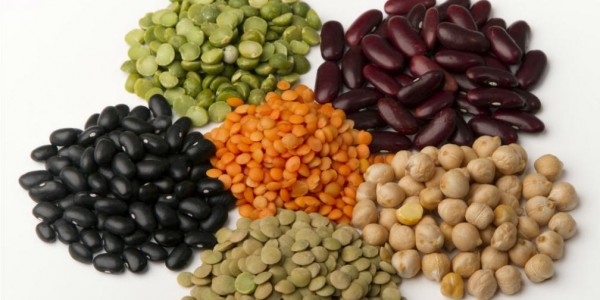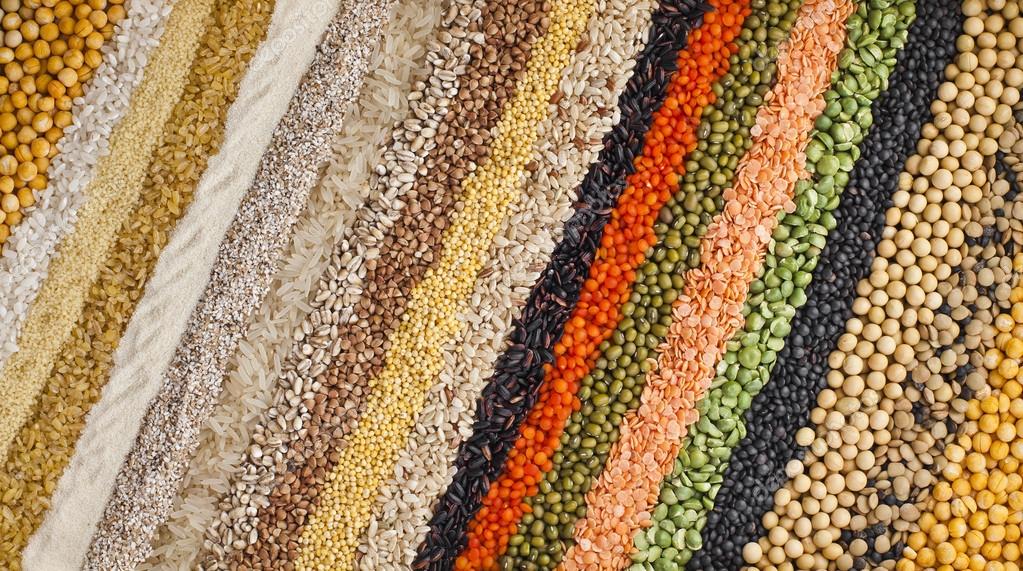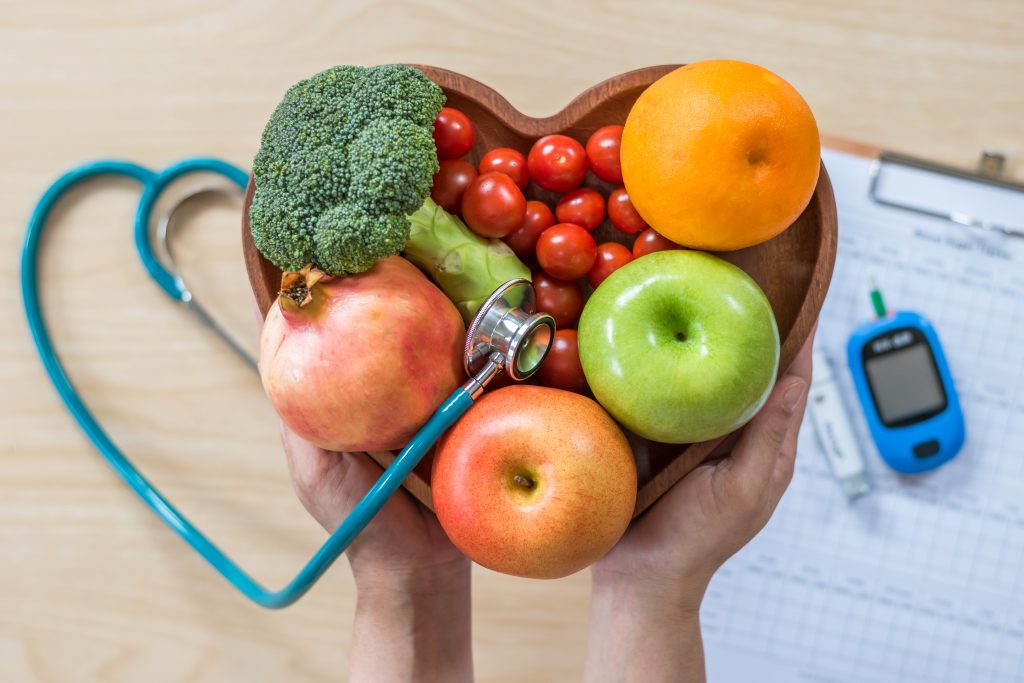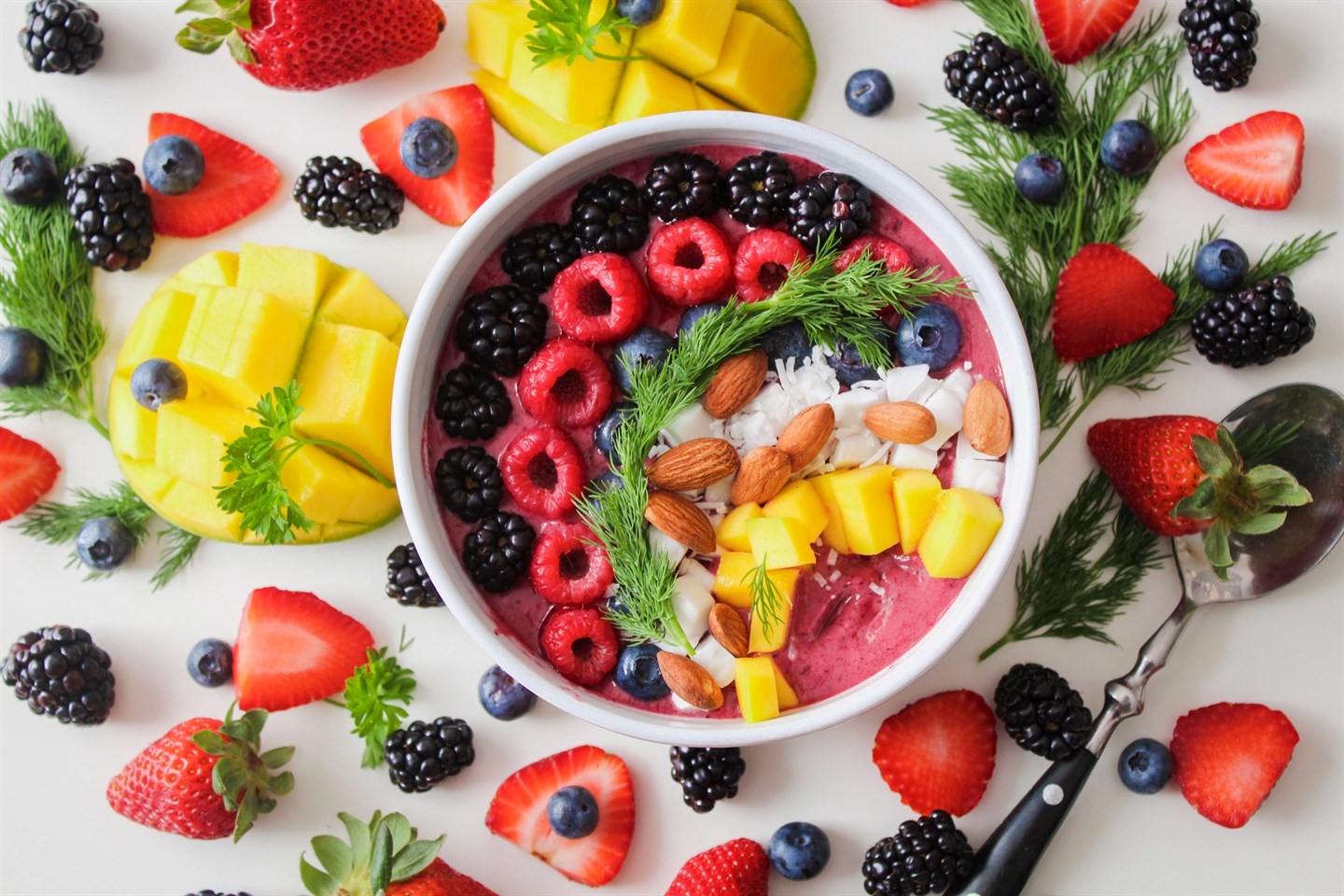It’s not always easy to switch from omnivorous or vegetarian nutrition to vegan (vegan) nutrition, especially when you’re starting out.
Even if there is more and more information, it is often aimed at ordinary audiences and does not necessarily adapt to athletic people, as their needs are different. Here are 2 mistakes that can be made and which should therefore be avoided.
Eating too many carbohydrates
In fact, this error is easy to understand just if we look at the difference in nutritional value between a protein of animal origin and a protein of plant origin (taking legumes and grains as reference plant proteins).
A protein of animal origin is high in protein but also high in fat and low in carbohydrates. For its part, a protein of plant origin is rich in proteins whereas it is mainly low in lipids and rich in carbohydrates (there are exceptions not having this configuration which will be mentioned below but we will focus here on pulses and grains).
When you try to achieve a certain amount of protein with your meals (1 to 1.5g per kg of body weight and per day depending on your goals and physical activity), you can then quickly find yourself consuming a much higher proportion of carbohydrates by being vegan than by being omnivorous. Even if an omnivore also consumes carbohydrates in the form of legumes and cereals, the share will necessarily remain lower than for a vegan person.

What is the consequence? It is difficult to formulate an answer because a vegan person only ever consumes legumes and grains to meet their protein needs but let’s say that if they did, they could be exposed to a buildup of fat mass. .
When we consume carbohydrates, some of it is used directly by the body in the form of glucose (the sugar circulating in the blood). The rest will go to fill the muscle and hepatic glycogen stocks (the sugar present in the muscles, used during training and the sugar present in the liver). Finally, once the body has stocked up on glycogen, the remaining carbohydrates will be stored in the form of fat.
Not consuming enough fat
This error can also be explained if we look again at the same image as before (the comparison between the nutritional value of a protein of animal and plant origin). We have seen that protein of animal origin is rich in protein and fat, while being low in carbohydrates, whereas for vegetable protein, the reverse is true for carbohydrates and lipids.
A vegan person will therefore have less access to lipids with legumes and cereals ( Here, we are talking about animal proteins such as fish or eggs, because meat has a poorer lipid profile – richer in fat saturated, less rich in omega 3 -).
Here, what is the consequence? A vegan who does not pay attention to his lipid intake (and if possible good lipids) could potentially be deficient and lipids perform major functions in the body. Omega 3s are still too far out of the way even though they play a major role in the proper functioning of the body, both in sport (an important source of energy for endurance events) and in the brain and hormonal. They are absolutely not to be avoided as part of a healthy diet, sports or not.
Which solution to adopt?
For too much carbohydrate consumption, the simple solution would be to vary your protein sources by eating foods with a profile close to that of meat such as for example oilseeds, tofu, tempeh and protein powder so as not to be limited to legumes and grains .
Obviously, it is rare for someone to consume only rice and lentils, but the idea is fair to understand that the composition of proteins of animal and vegetable origin can explain the potential fluctuations in weight. However, this potential weight gain depends on many parameters and is specific to each one (metabolism, sport practiced, etc.).
For the second mistake (not consuming enough lipids), you have to think about integrating lipids in your dishes by favoring foods rich in omega 3 like linseed oil, camelina oil, hemp oil, walnuts, almonds, flax and chia seeds… Oilseeds are a very good choice because they are not only rich in good lipids but also in proteins, like animal protein.
In the end, as often, it is mainly common sense to eat a rich and varied diet. To go further with examples of vegan meals and your fat loss workouts, you can start your monthly program by clicking here . The 1st month is free and there is no obligation.
Train with the heart, eat with the heart.




